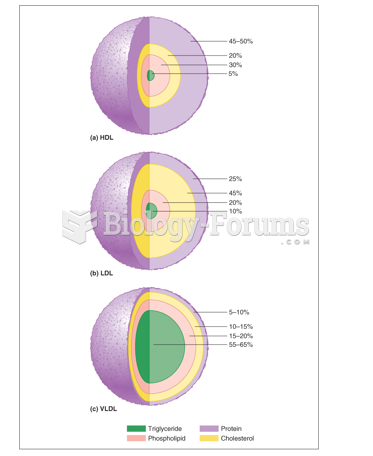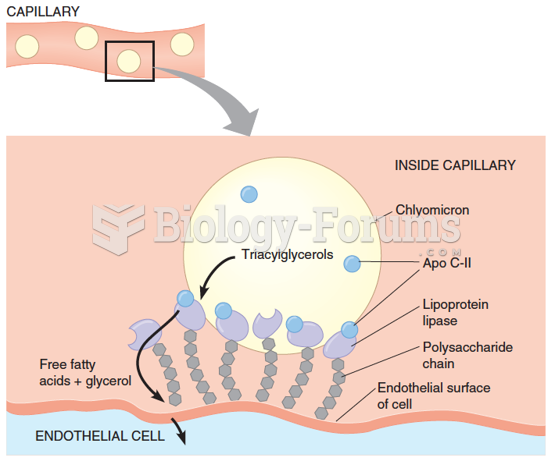Definition for Lipoprotein
From Biology Forums Dictionary
Revision as of 21:34, 4 January 2013 by Robertling (Talk | contribs) (Created page with "A lipoprotein is a biochemical assembly that contains both proteins and lipids, bound to the proteins, which allow fats to move through the water inside and outside cells. The pr...")
A lipoprotein is a biochemical assembly that contains both proteins and lipids, bound to the proteins, which allow fats to move through the water inside and outside cells. The proteins serve to emulsify the lipid (otherwise called fat) molecules. Many enzymes, transporters, structural proteins, antigens, adhesins, and toxins are lipoproteins. Examples include the high-density (HDL) and low-density (LDL) lipoproteins, which enable fats to be carried in the blood stream, the transmembrane proteins of the mitochondrion and the chloroplast, and bacterial lipoproteins.



